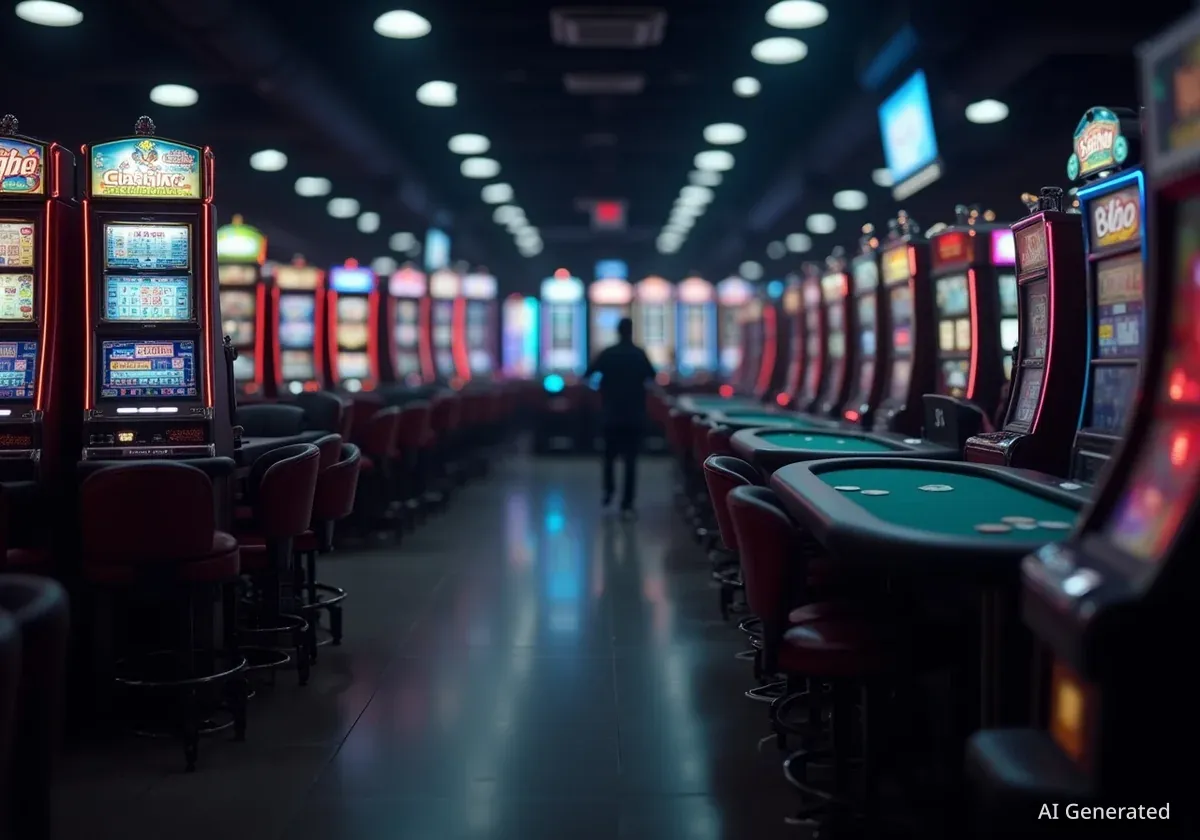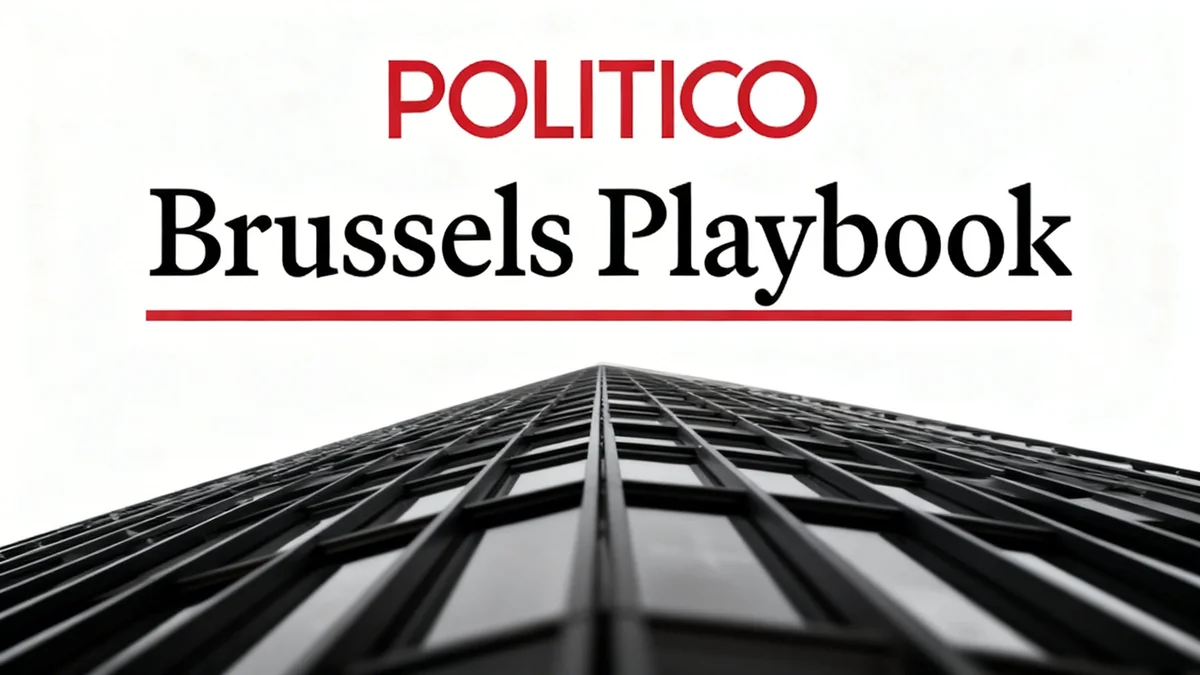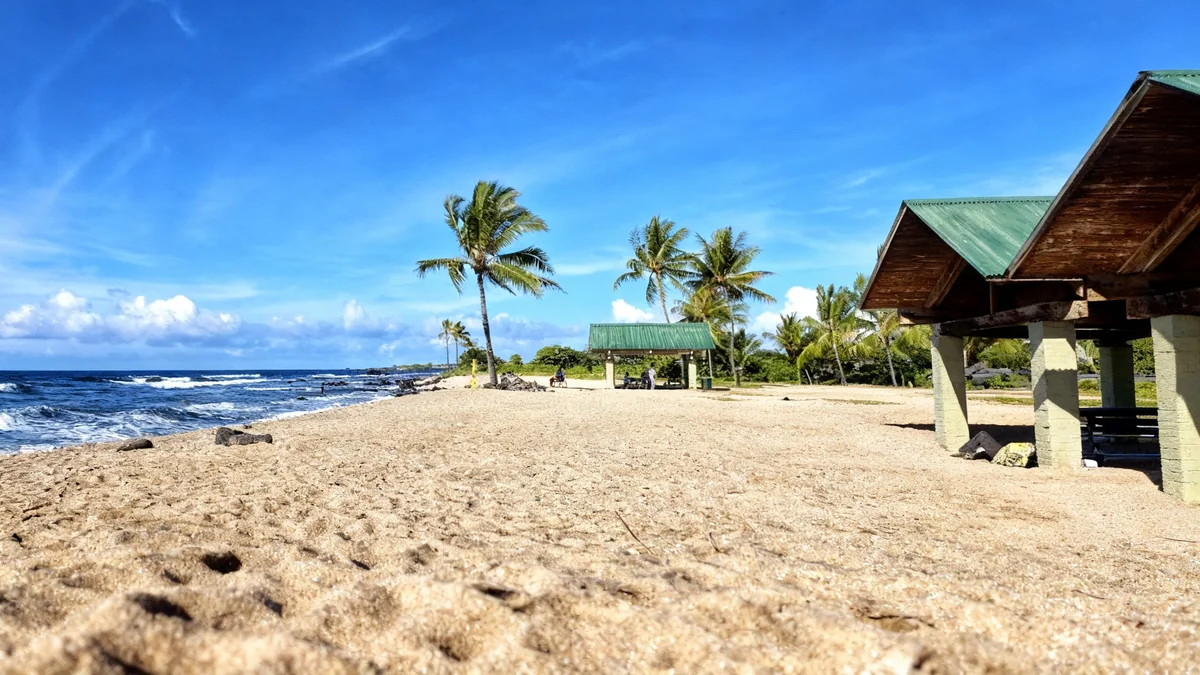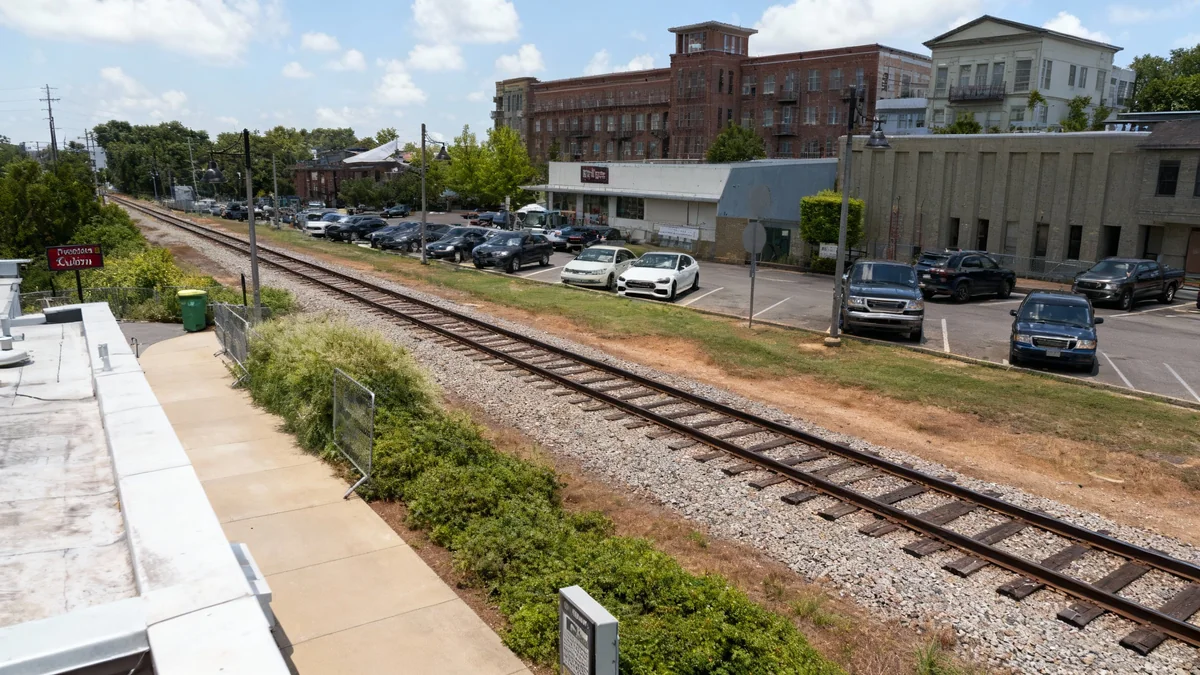Las Vegas is experiencing a notable downturn in tourism, impacting its vital hospitality sector. Recent data indicates a decrease in hotel occupancy, air travel, and overall visitor numbers. This trend has led to reduced hours and layoffs for many local employees, prompting city officials and businesses to re-evaluate pricing strategies and marketing approaches.
Key Takeaways
- Las Vegas tourism has dropped for six consecutive months, with a 12% year-over-year decrease in July 2025.
- International tourism, particularly from Canada and Mexico, has seen significant declines.
- Rising costs for hotels, food, drinks, and parking are cited as major factors deterring visitors.
- The economic impact extends beyond casinos to the entire service ecosystem, affecting many local jobs.
- City officials and businesses are implementing sales, discounts, and new marketing campaigns to attract visitors.
Las Vegas Faces Significant Tourism Drop
Las Vegas, known as the "Entertainment Capital of the World," relies heavily on tourism. Visitor spending and the resulting economic activity generate hundreds of thousands of jobs in Southern Nevada. More than 30% of the area's gross domestic product comes from the tourism and gambling industries. For decades, the city has promoted itself as a destination of glamour and unique experiences.
However, recent figures show a clear shift. The city has recorded drops in visitation for six straight months. In July 2025, tourism was down approximately 12% compared to the same month last year. This decline is evident across several key metrics: airport traffic, hotel occupancy rates, and vehicle traffic originating from California.
Tourism Statistics
- Six consecutive months of declining visitation.
- 12% year-over-year drop in July 2025 compared to July 2024.
- Decreased airport traffic, hotel occupancy, and vehicle entries from California.
Impact on Local Workforce
The downturn has directly affected those working in the hospitality industry. Larry Turner, a utility porter at the Four Queens casino, has worked in Las Vegas since 1983. He notes a significant change in activity levels.
"We used to stay busy until about three, four in the morning. Now around 1:30, it is dead. It is dead downtown," Turner stated.
Turner, who works the night shift cleaning and maintaining the casino, likes his job and the people he works with. He has recently had to take on double shifts to maintain his income. Other casino workers, restaurant employees, and entertainers have reported similar situations, including reduced hours or even layoffs. This widespread impact highlights the interconnected nature of Las Vegas's economy.
Economic Foundations
Las Vegas's economy is primarily driven by tourism and gambling. These sectors support a vast ecosystem of hotels, restaurants, entertainment venues, and related services. Any significant fluctuation in visitor numbers directly affects the financial stability of the entire region and its residents.
Rising Costs Deter Visitors
A frequently cited reason for the tourism slump is the increasing cost of visiting Las Vegas. Many potential visitors perceive the city as having become too expensive. This sentiment is widely shared on social media platforms, with numerous personal accounts detailing high prices.
For example, social media users have reported paying $30 for two beers at a casino bar and nearly $300 for a bucket of 24 Coors Lights. Parking on the Strip, which was once free, now costs around $20 for an hour. These unexpected charges add up, making a trip to Las Vegas less appealing for budget-conscious travelers.
Examples of High Costs
- Beverages: $30 for two beers, $290.99 for 24 Coors Lights.
- Parking: $20 for one hour on the Strip.
- Hotel Rooms: $200-$300 for a room at Luxor, deemed unsustainable by some.
- Buffets: $50 per person.
- Entertainment: $300 for a Cirque du Soleil show.
Jonathan Jossel, CEO of the Plaza Hotel Casino downtown, acknowledges the decline in hotel occupancy and room rates. He suggests that the city is adjusting after exceptionally strong years in 2023 and 2024. Those years saw record-breaking visitor numbers, partly due to major events like Formula One and Super Bowl 58.
"Last summer and the summer before, [were] the best months we've ever had in our entire 53-year history at the property," Jossel explained. "And so there is an expression that trees don't grow to the sky. And at some point, you can't keep growing indefinitely."
In response, the Plaza Hotel Casino has lowered its rates to remain competitive. Jossel also offers all-inclusive packages that eliminate extra charges like resort fees, which have proven popular with guests.
Addressing the Downturn: City Initiatives
Las Vegas is actively working to reverse the tourism slump. The city recently launched a citywide sale, providing discounts on hotels, entertainment, and various experiences. A new advertising campaign is also underway, aiming to attract visitors back to the destination.
Jonathan Jossel believes that Las Vegas may have lost sight of its core appeal as an affordable, fun destination. He suggests refocusing marketing efforts.
"Las Vegas maybe's forgotten some of the messaging, which is to say it's not just an event town and people can still come here and have a great time at a great price point and enjoy a weekend without going to see a crazy concert or without having to spend a fortune," Jossel noted. "Maybe they have, maybe we as a group have forgotten that messaging and need to get back to that messaging, but it's just not dead."
The Role of Discretionary Spending
Tourism spending is largely discretionary. When people spend less on travel and leisure, it often reflects broader economic conditions. The current slump in Las Vegas could indicate shifts in how Americans are spending their money or a general tightening of household budgets.
Tick Segerblom, chairman of the Clark County Nevada Board of Commissioners, emphasized the severity of the decline. He noted that a 10% drop is substantial and affects the "gravy" for workers, such as tips and extra income. This impact ripples through the entire local economy.
"This town is based upon, on the Strip. If the beds are full, we say, then everybody else does well. And if the beds go down, that impacts everybody," Segerblom stated.
International Tourism and Political Factors
One of the most significant factors contributing to the decline is a substantial drop in international tourism. Commissioner Segerblom specifically highlighted decreases from Canada and Mexico, which are key markets for Las Vegas.
Segerblom attributed this decline partly to recent political rhetoric and policies. He referenced the U.S. President's declarations regarding Canada and Mexico as having a negative impact on cross-border travel. International tourists typically stay longer and spend more money, making their absence particularly impactful.
International Visitor Impact
- Canada: Number one international source of visitors.
- Mexico: Number two international source of visitors.
- 30% estimated drop in international tourism, significantly impacting overall visitor numbers.
- International tourists contribute more to the local economy due to longer stays and higher spending.
The Sphere and Sports Tourism
Despite the overall downturn, some newer attractions are still drawing visitors. The Sphere, a massive entertainment venue with a unique exterior screen, has become a major draw. It offers immersive concerts and shows, such as U2 and the Eagles, and has transformed classic films like "The Wizard of Oz" into unique experiences. It can host 10,000 people daily.
Las Vegas has also grown as a sports destination, hosting major events and becoming home to professional teams. These developments, along with attractions like the Sphere, initially contributed to strong performance in late 2023 and early 2024. However, even these successes have not fully offset the broader tourism decline.
The current situation in Las Vegas serves as a bellwether for the wider economy, showing how consumer confidence and discretionary spending are evolving. The city's efforts to adapt its pricing and marketing strategies will be crucial in determining its path to recovery.





